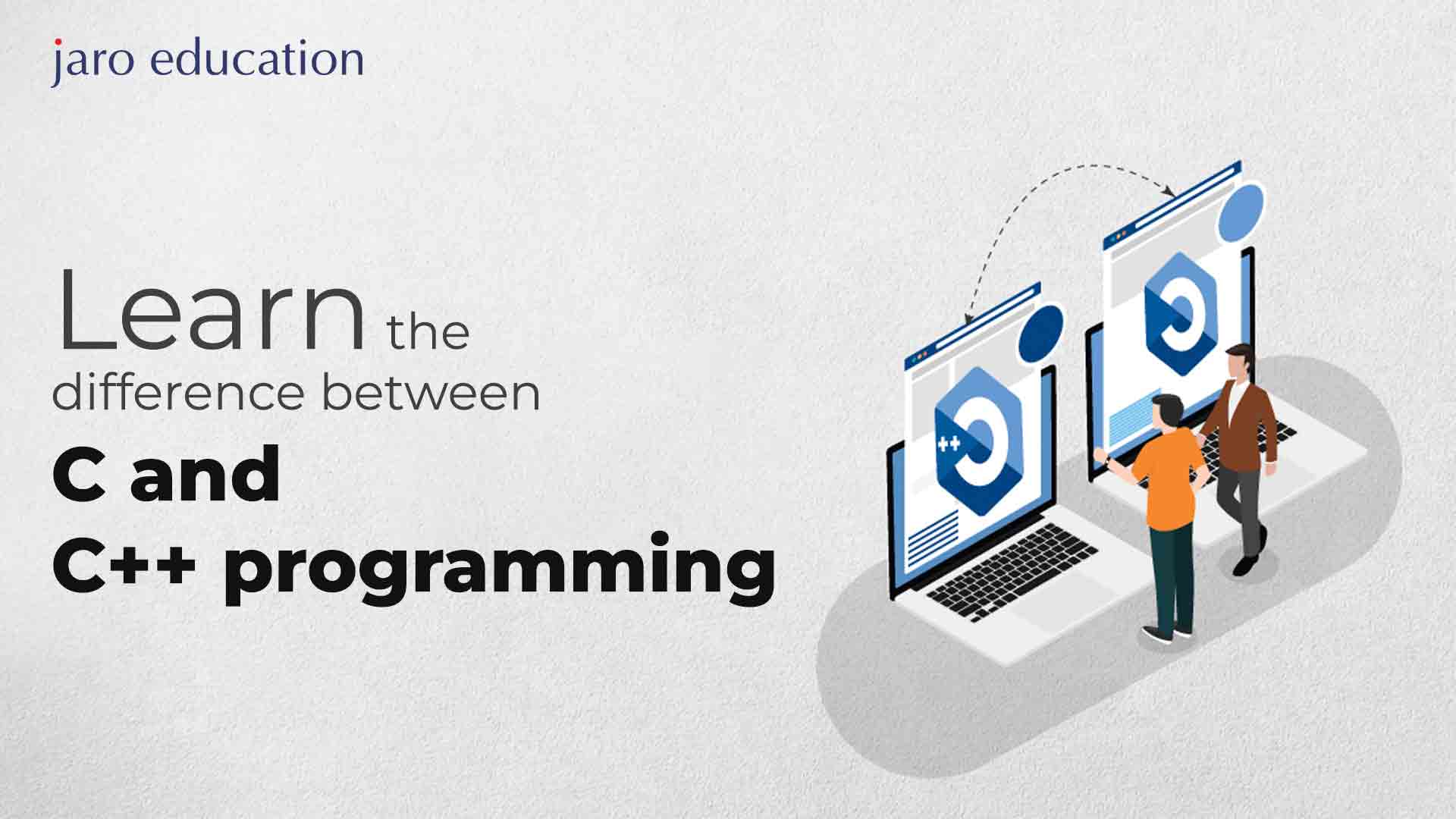Have you ever wondered what the difference between C programming and C++ programming is? It’s a question that many people have, especially when they need to choose which one to learn. These languages are powerful tools for programming and developing software, but they each have their strengths and weaknesses. In this blog post, we will explore the similarities and differences between the two languages so that you can make an informed decision about which is best for your needs.
What is C Programming?
C programming is a procedural programming language. It was designed to be compiled using a relatively simple compiler to provide low-level memory access, to provide language constructs that map efficiently to typical machine instructions, and to require minimal run-time support. C was developed in the early 1970s by Dennis Ritchie at AT&T Bell Labs.
What is C++ Programming?
C++ programming is an extension of the C programming language. It was developed by Bjarne Stroustrup while working on his PhD thesis at Bell Labs in the early 1980s. C++ adds object-oriented features to C, such as classes, inheritance, and polymorphism. These features make C++ a powerful tool for creating software systems.
The difference between C and C++ programming
If you’re just starting in programming, you might wonder what the difference is between C programming and C++ programming. Both are popular languages, but they have different features and uses. Here’s a rundown of the key differences between C and C++ to help you decide which one to learn:
– C is a procedural language, while C++ is an object-oriented language. This means that in C, programs are written as a sequence of steps, while in C++, programs are written using objects that interact with each other.
– C is a relatively simple language, while C++ is more complex. This means that it’s generally easier to learn and use C than to learn and use C++.
– C is designed for systems programming, while C++ is designed for general-purpose programming. This means that C is typically used for developing operating systems or applications that run on low-level hardware. At the same time, C++ is more suited for developing high-level applications like games or business software.
– C++ is a superset of C, which means that any valid C program is also a valid C++ program. However, C++ introduces many new features not present in C, such as classes, objects, inheritance, and polymorphism. As a result, programs written in C++ can be much more complex than programs written in C.
So which one should you learn? If you’re just starting out, we recommend learning C first. It’s simpler than C++ and will give you a good foundation in programming concepts. Once you’ve learned the basics of C coding, you can move on to learning C++ if you’re interested in doing so.
Pros and Cons of each language
When it comes to learning a programming language, there are always pros and cons to weigh up. Here are some pros and cons of C programming and C++ programming:
C Pros:
-C is a relatively simple language that is easy to learn for beginners.
-It is a structured language, which means code can be easily read and understood.
-C compilers are widely available and can be run on any platform.
-It has been around for a long time, so a wealth of online resources and support is available.
C Cons:
-Once written C code can be difficult to maintain or change.
-It is not an object-oriented language, so certain features (such as inheritance) are not supported.
C++ Pros:
-It is an object-oriented language, making it easier to write large programs made up of many smaller units of code (known as objects). This makes your code more reusable and scalable.
-As C++ was designed to be an extension of C, it shares many of the same advantages – including being quick to learn, easy to read and widely available on different platforms.
C++ Cons:
-Due to its flexibility and power, C++ can be more complex than C – particularly for beginners.
-Object-oriented programming can also make your code less portable as it ties you closer to the platform you are working on.
Online BCA Programme by Manipal University Jaipur
For those who want to learn C programming, a great way to start is by reading The C Programming Language by Brian Kernighan and Dennis Ritchie. One can read The C++ Programming Language by Bjarne Stroustrup for a strong foundation in the basics of programming.
Another option is to enrol for BCA courses. A BCA course will cover programming languages, computer fundamentals, cloud structure and statistics. Manipal University Jaipur online courses are an excellent choice for any student who wants to excel at computer applications and boost their career.
The Online BCA Programme by Manipal University, Jaipur, is one of the best BCA courses in India. It is a 3-year long programme that focuses on various programming languages, cloud infrastructure, big data and machine learning. This Manipal University Jaipur online course is a perfect blend of live and recorded classes so that one can learn at their own pace. The eligibility for this BCA course is a minimum of 50% in aggregate in a diploma or 10+2 and the fee is 1,20,000/- INR.
Conclusion
C programming and C++ programming are two distinct, yet related languages. While both languages have unique uses, they can also be used in tandem to create powerful applications. We hope this article has helped you understand the core differences between these two powerful languages and how each can benefit your development process. So go ahead and start coding with either language today!






